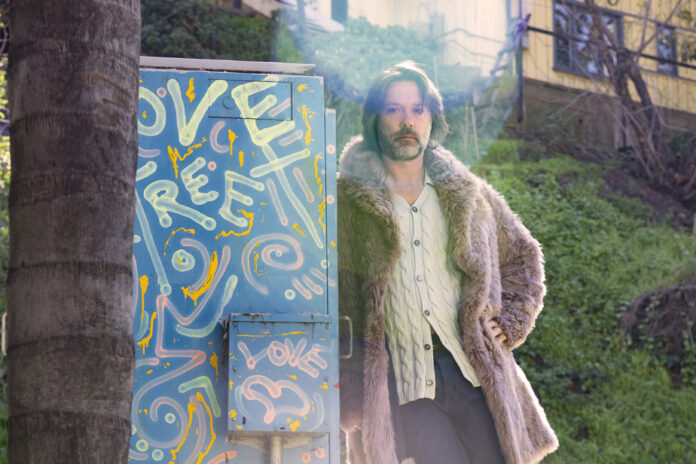The folk, Rufus Wainwright fell into it when he was little. Both of his parents, Kate McGarrigle and Loudon Wainwright III, were icons of the genre in the 1970s, so he spent some of his childhood summers being nurtured by them while his parents performed at festivals. Hence this idea that he comes from a folk aristocracy – the “folkocracy” of the title, therefore – and his desire to pay homage to this popular music of which he has a very broad vision since he also takes up (and beautifully) a song by Schubert (Nacht Und Träume).
Folk, in the minds of many people, calls a fetish instrument: the guitar. There are, of course, on Folkocracy, once again directed by Mitchell Froom, longtime collaborator of the Montreal singer and composer. It could hardly be otherwise when we cover a Neil Young classic like Harvest, which he sings here elegantly in a trio with Andrew Bird and Chris Stills, another musical aristocrat, his parents being Stephen Stills and Véronique Sanson. Throughout the album, the musical accompaniment is quite sparing, sometimes making room for banjo, accordion and sometimes piano.
Christ Stills chante aussi sur Twelve-Thirty (Young Girls Are Coming to the Canyon) de The Mamas
Hearing Rufus sing these songs recalls some of his oldest songs, but especially the tone of the meetings of the McGarrigle clan around classics, of which the album The McGarrigle Hour (1988) testifies. There is restraint in Folkocracy (yes, yes, Rufus is sometimes capable of it) and above all a strong desire to do justice to the essence of the chosen pieces. The record ends on a high note with Wild Mountain Thyme, which reunites his musical family: his sister Martha, his aunt Anna, his cousin Lily, his half-sister Lucy and Chaim Tannenbaum, a longtime friend of the clan.















